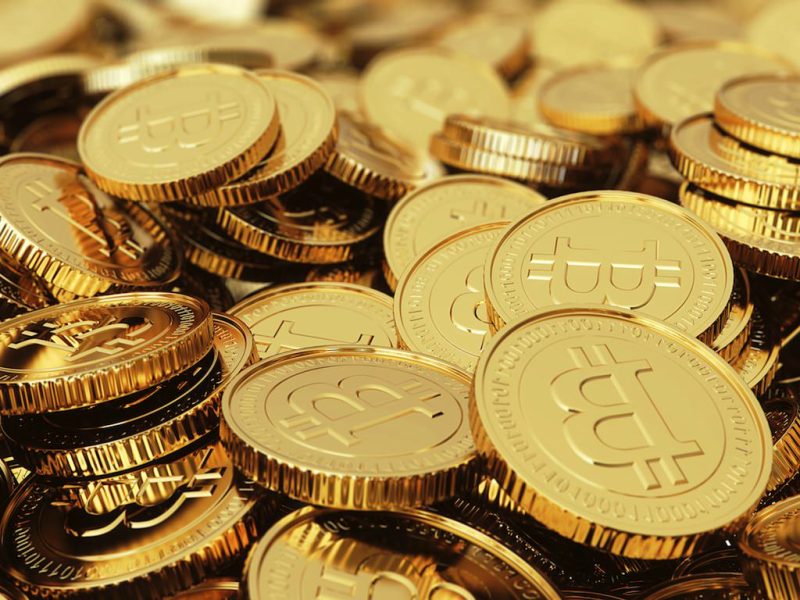If you’ve been keeping abreast of the latest financial news you’ve probably heard about the BitCoin revolution already. Â To put it succinctly, BitCoin is a cryptocurrency which allows users to exchange assets peer-to-peer without the need for any centralized authority or government to approve or condone its use. Â In other words, part of the appeal of the emerging digital currency is its ability to seemingly go around those older institutions which many feel might not have their best interests at heart.
Signing up to use BitCoins is also extremely easy. Â Users need only download the program and install it, afterwards they can begin adding value to their virtual ‘wallets’and even pay for legitimate products and services using the new currency. Â Of course the question on a lot of people’s minds is probably ‘why do I need BitCoins?’Â As many digital currency experts have tried to point out, if you don’t know why BitCoins might be valuable, then you don’t really understand some of the basic elements of business, finance and banking.
To make a long story short, the world’s central banks (seemingly in collusion with governmental agencies) have levying paper fiat currencies onto their respective populations while giving them no additional options. Â This of course wouldn’t be a problem, if it weren’t for the fact that they’re also printing enormous sums of money every single day (quantitative easing) with no signs of slowing down the presses any time soon.
This is of course bad for the average person, or saver (assuming that they’re storing value in these same paper currencies and not something like gold or silver) because as each new shipment of money is added to the base the value of each individual unit (i.e. â dollar / pound / etc.) diminishes. Â In other words, as you’re working every day to save the value of your earnings, they decrease exponentially.
It could be argued that emerging currencies like BitCoin have been developed to thwart the ability of these institutions to suck value from depositors (and everyone, really). Â Moreover, because the value of each BitCoin is dependent on supply and demand, as more people join in and bring more value to the currency, the overall value of each BitCoin also increases! Â For instance, you could theoretically make a profit by just trading the highs and lows of BitCoin. Â Some people also like the fact that BitCoins aren’t easily traceable or even accessible (without a passcode), meaning that it’s much harder for thieves or overzealous institutions to get their hands on them.
Naturally, there are plenty of groups lining up to attack BitCoin, mostly because they see it as a threat to their hierarchical system, perhaps. Â This isn’t to say of course that there aren’t bona-fide criminals using BitCoins, but we should keep in mind that plenty of nefarious activities have historically been funded using conventional currencies. Â For instance, according to this piece by National Geographic News, ‘nearly nine out of ten bills circulating in the U.S. and its northern neighbor are tainted with cocaineâ.








